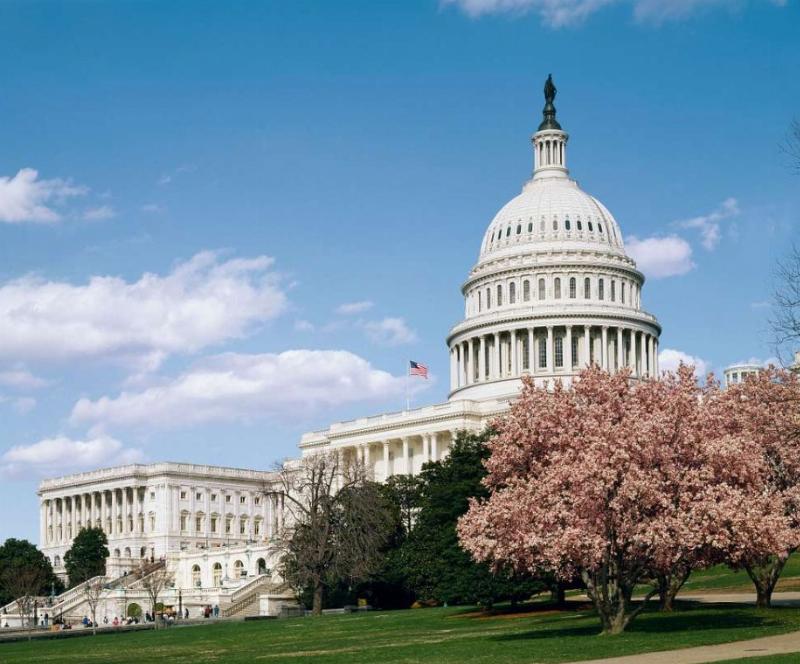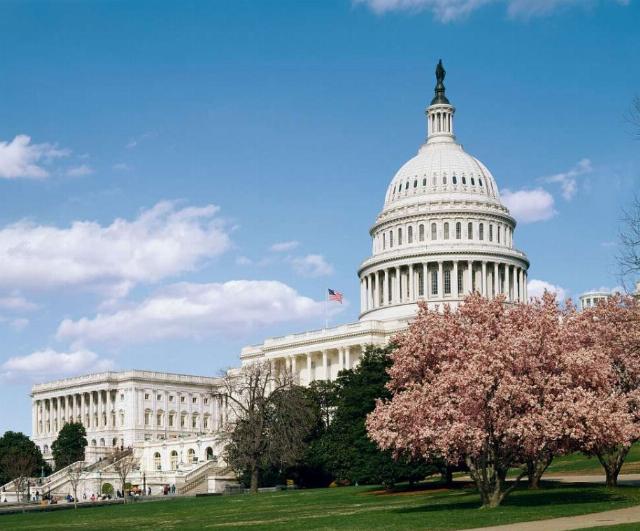


At least theoretically, because of open competition, democracies are supposed to choose their “best” members to be in charge of the public sector. For some reason, however, that doesn’t often happen.
Examples of this defect abound. About thirty years ago, here in Oakland, CA, the city’s moms and pops were clutching their pearls over the rampant crime along the near-bayside corridor defined by East 14th Street. Having worked right there for the previous fifteen years, the situation was quite familiar to me.
Really conspicuous street crime began when the Barcelona bar closed. Having been mostly a front for the procurement of prostitutes, the working ladies were compelled to hit the street in order to sustain their revenue streams.
Rather than beef up police patrols along the corridor, the pearl-clutchers down at City Hall came up with an amazingly silly “solution”: They changed the name of the street from East 14th to International Blvd. The aura of global inclusion was expected to promote a much greater sense of responsible citizenship.
Imagine...they actually get paid to do this.
There was just recently a large-scale armed robbery attempt at a local pawn shop, but the guys working there were also armed, and they seriously damaged the would-be robbers, leaving two dead.
And the hits just keep on happening. Many urban areas are littered with vagrant encampments, and deep blue Oakland is no exception. Clinging to the goofy dogma that the problem is caused by a lack of “affordable” housing — instead of untreated insanity and drug addiction — those in power seduced the gullible electorate to approve a steep tax on vacant property.
In all fairness, this conforms to the often valid axiom that whenever something gets taxed, you usually get less of it. But what does this have to do with the horde of vagrants haunting the city? The erroneous assumption was that property owners would be further encouraged to find tenants for their vacant properties, rather than get dinged for the additional $3,000 to $6,000 annually. There are exemptions for various protected victim types, though they require a fair amount of (ahem) due process. The intended results, however, remain forthcoming.
Many California locales are claiming that they have housing shortages — this in spite of net out-migration. The shortage may be genuine, but it actually results from the local imposition of draconian rent and eviction control laws that mostly serve to scare away would-be investors. Housing doesn’t get built or even properly maintained unless it is also the profit-generating asset of a solvent investor. I never tire of saying that all housing is affordable, or else it’s vacant.
This brings us to the epitome of hare-brained public-sector boondoggles: The high-speed train to nowhere. When Gavin Newsom first became governor, he mentioned that he was going to pare down the amount of taxpayer money being wasted on the project. He soon changed his mind, probably after some of the special interests deriving obscene financial benefit from the project took him to school.
What is seldom mentioned is that some years ago, when the project was just getting seriously underway, the state Legislature recruited a panel of experts to assess the financial impact of high-speed rail on the consuming public. Their findings were that the operating cost of shipping a passenger from L.A. to San Francisco was greater than the retail price of a plane ticket for the same journey.
Underpinning the statist fondness for rail transportation is the fixed nature of train tracks. There can be no deviation from the intended path. Automobiles have steering wheels, and airplanes don’t even need roads — just a place to take off from and another one on which to land. Should travel patterns change, car and plane routes can change as well. Trains are much harder to re-route.
It just so happens that the demographically dense Eastern Seaboard of the U.S. is more conducive to fixed rail transportation than the rural vastness of California, where riders and destinations are widely scattered. One would think the obvious impracticality of putting a very expensive rail line out there would be a no-brainer. But such follies are really business as usual in the public sector.
Hayek wrote in The Road to Serfdom that the real villains in our midst are the planners. They truly believe that they know better than we do when it comes to how we should live. Railroad tracks fit very nicely into this concept.

Image via Picryl.
